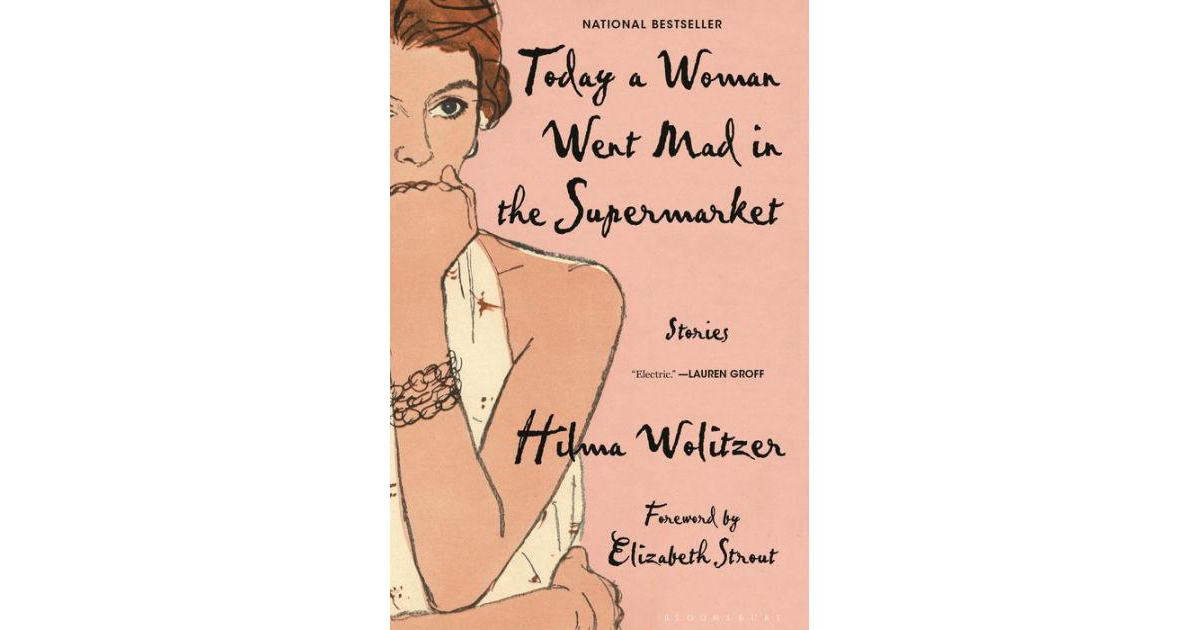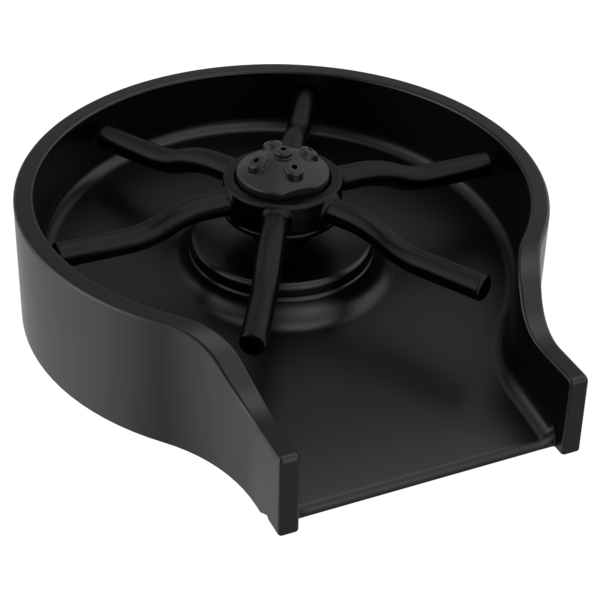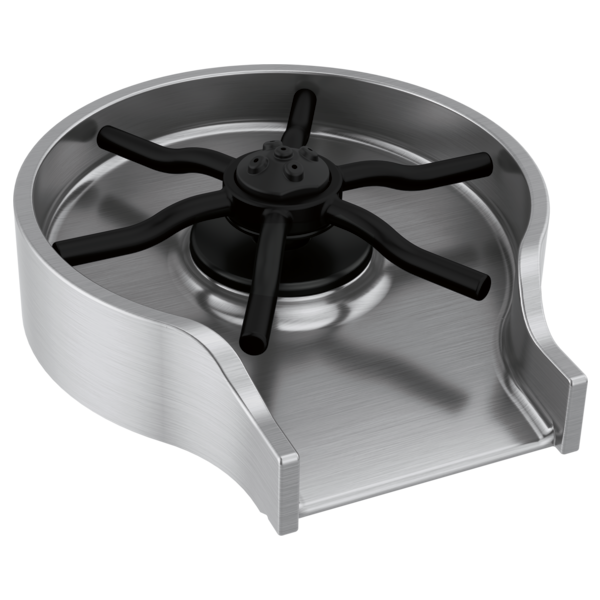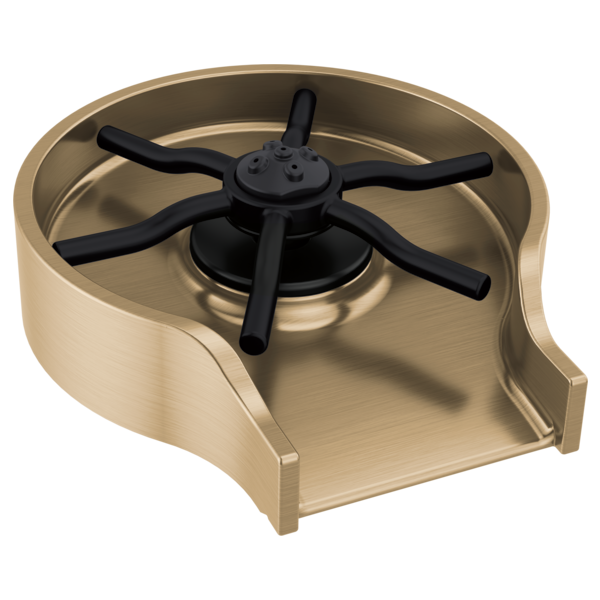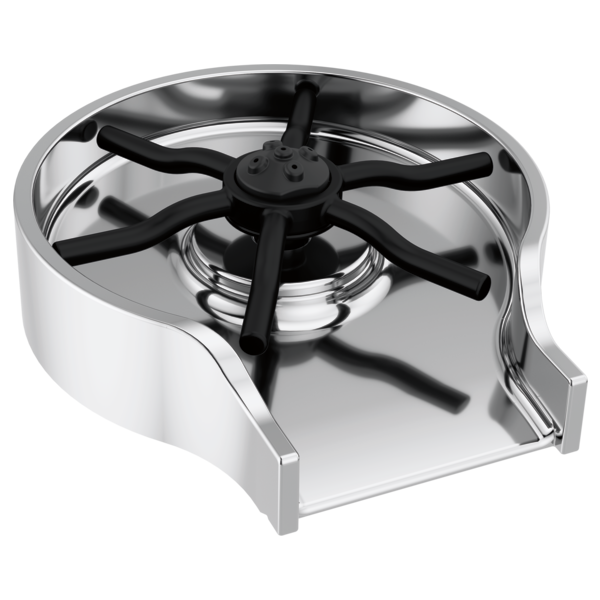An Npr Best Book of the Year * A New York Times Book Review Editors' Choice * An Electric Literature Best Short Story Collection of the Year * Finalist for the Chautauqua Prize. The "often hilarious and always compassionate" (New York Times Book Review) collected stories of a critically acclaimed, award-winning "American literary treasure" (Boston Globe), now in paperback-with a foreword by Elizabeth Strout. From her many well-loved novels, Hilma Wolitzer-now ninety-one years old and at the top of her game-has gained a reputation as one of our best fiction writers, who "raises ordinary people and everyday occurrences to a new height". (Washington Post) These collected short stories-most of them originally published in magazines including Esquire and the Saturday Evening Post, in the 1960s and 1970s, along with a new story that brings her early characters into the present-are evocative of an era that still resonates deeply today. In the title story, a bystander tries to soothe a woman who seems to have cracked under the pressures of her life. And in several linked stories throughout, the relationship between the narrator and her husband unfolds in telling and often hilarious vignettes. Of their time and yet timeless, Wolitzer's stories zero in on the domestic sphere with wit, candor, grace, and an acutely observant eye.

